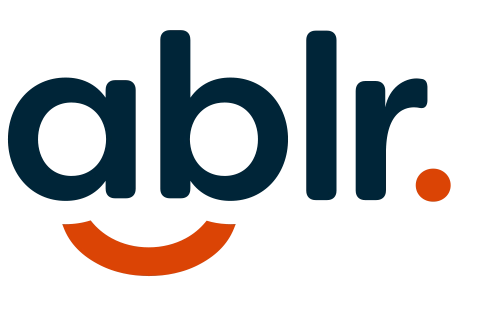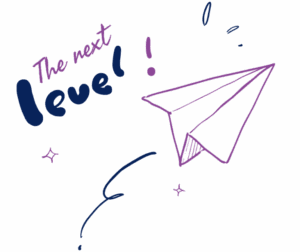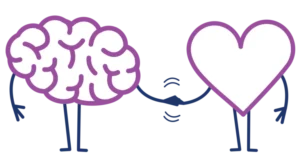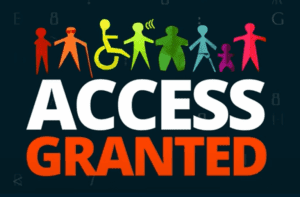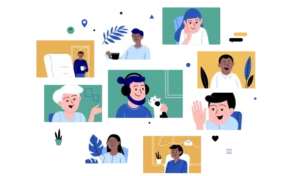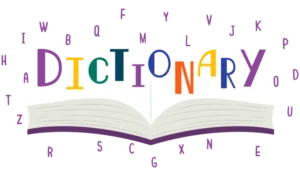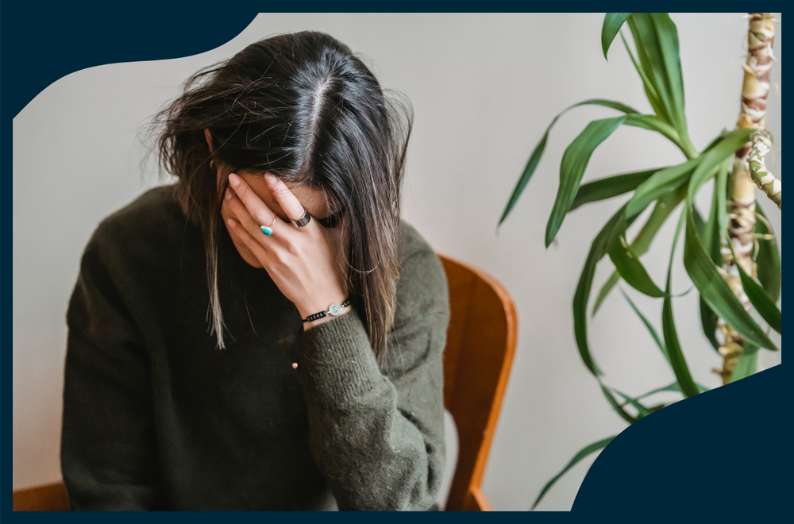If you’re blind or have low vision, you’ve probably developed an incredible set of problem-solving skills just to get through the day. But even with all that resilience, there are times when it starts to wear on you. The energy it takes to navigate inaccessible tech, advocate for your needs, or plan every detail in advance can start to feel like a lot. That’s when accessibility fatigue can set in and it’s something many people in our community experience.
What Is Accessibility Fatigue?
Accessibility fatigue is a type of burnout that happens when you’re constantly having to go the extra mile by figuring out workarounds, educating others, or doing more just to access the same tools, spaces, or opportunities. Living in a world that isn’t always designed with you in mind adds up to a steady mental load.
If this sounds familiar, it doesn’t mean you’re doing anything wrong. It means you have been working hard and developing strength. There are ways to lighten that mental load and protect your energy, without giving up the independence or momentum you have already built.
Signs You Might Be Experiencing Accessibility Fatigue
Accessibility fatigue can show up in different ways and sometimes it’s hard to recognize until it’s already weighing you down. Here are a few common signs to look out for:
- You feel mentally drained after using certain apps or websites
- You avoid new places or situations because you’re tired of “figuring it out”
- You get headaches or feel physically exhausted after trying to see or read things
- You’ve lost motivation to advocate or request accommodations
- You catch yourself thinking, “I just don’t have the energy to deal with this today.”
Accessibility fatigue is real and it deserves to be acknowledged. There are ways to cope with this fatigue and live life in a way that feels fulfilling, not draining.
Low Vision Fatigue
For people with low vision, the fatigue can show up as constant eye strain. Your brain might be working overtime to make sense of blurry or distorted images. While you know that you are unable to see clearly, your brain is still trying to adapt.
Ironically, many people say that their fatigue improved after they began relying less on vision and more on non-visual strategies. Tools like screen readers, Braille, magnification software, or a white cane can help reduce the load on your eyes and your mind.
Being Blind Can Feel Mentally Exhausting
Many people in the blind community talk about feeling worn out by the end of the day. And it makes sense, getting through a world that still expects everyone to rely on sight takes a lot of extra mental energy.
If your burnout feels like it’s coming from any of the following, you’re definitely not the only one:
- Memorizing every item’s location in your home
- Planning routes in detail ahead of time
- Navigating inaccessible public spaces
- Dealing with other people’s assumptions, questions, or criticisms
Doing this day in and day out takes serious focus, flexibility, and discipline. Over time, that can build some incredible resilience, but it can also wear you down. And that’s normal.
Acknowledging this isn’t a weakness, it’s a strength. Because the same qualities that have helped you adapt like focus, problem-solving, and persistence, can also help you find tools, community, and strategies that make life feel easier. That kind of shift will lead to less burnout.
How to Cope With Accessibility Fatigue
It’s common to think that to remain resilient you need to push through every obstacle that stands in your way. But in reality, acknowledging your honest feelings and finding solutions to make life easier takes just as much strength and can lead to a better quality of life. Here are a few sustainable ways to lighten the mental load:
- 1. Give Yourself Permission to Rest: You don’t have to be “on” all the time. That might mean giving yourself more time to do something, leaning on your support system, or choosing a method that uses less energy, even if it’s not the most efficient by sighted standards. Resting isn’t just human — it’s healthy. Taking breaks to recharge and regroup before trying again can make a big difference.
- Try Low-Vision or Blindness Skills Training: Sometimes the most empowering thing you can do is learn alternatives that don’t rely on vision. Orientation and mobility training, Braille, or screen reader navigation can make life easier.
- Use Non-Visual Tools Strategically: Tech like Seeing AI, VoiceOver, JAWS, and dark mode settings can give your brain a break. If something is causing strain, it’s worth taking the time to find an alternative that better suits you.
- Reorganize Your Environment: Setting up your space to be low-vision or blindness friendly (labels, high contrast items, tactile cues) can reduce decision fatigue and make daily tasks smoother.
- Find Community: Isolation makes everything harder. Talking with others who understand what you’re facing can be a game changer. Online groups, local organizations, or even blind content creators can offer practical tips and emotional support.
Support for Navigating Accessibility Fatigue
If you’ve ever felt overwhelmed by the mental load of navigating the world while blind, you’re not alone. Many others in our community feel it too. The world still has a long way to go when it comes to accessibility, but there are people and organizations working every day to build more inclusive spaces. You may not have everything you need right now, but progress is happening. And in the meantime, if the fatigue starts to feel like too much, remember: resting and taking breaks aren’t signs of weakness — they’re essential and healthy ways to care for yourself.
We see you. We’ve been there. And we want you to know that accessibility fatigue is real, but so is your strength. There are tools and communities out there to help you recharge and keep going, without having to carry it all on your own. Follow along on our blog for more helpful tips, advice, resources, and stories that educate, inspire, and empower.
